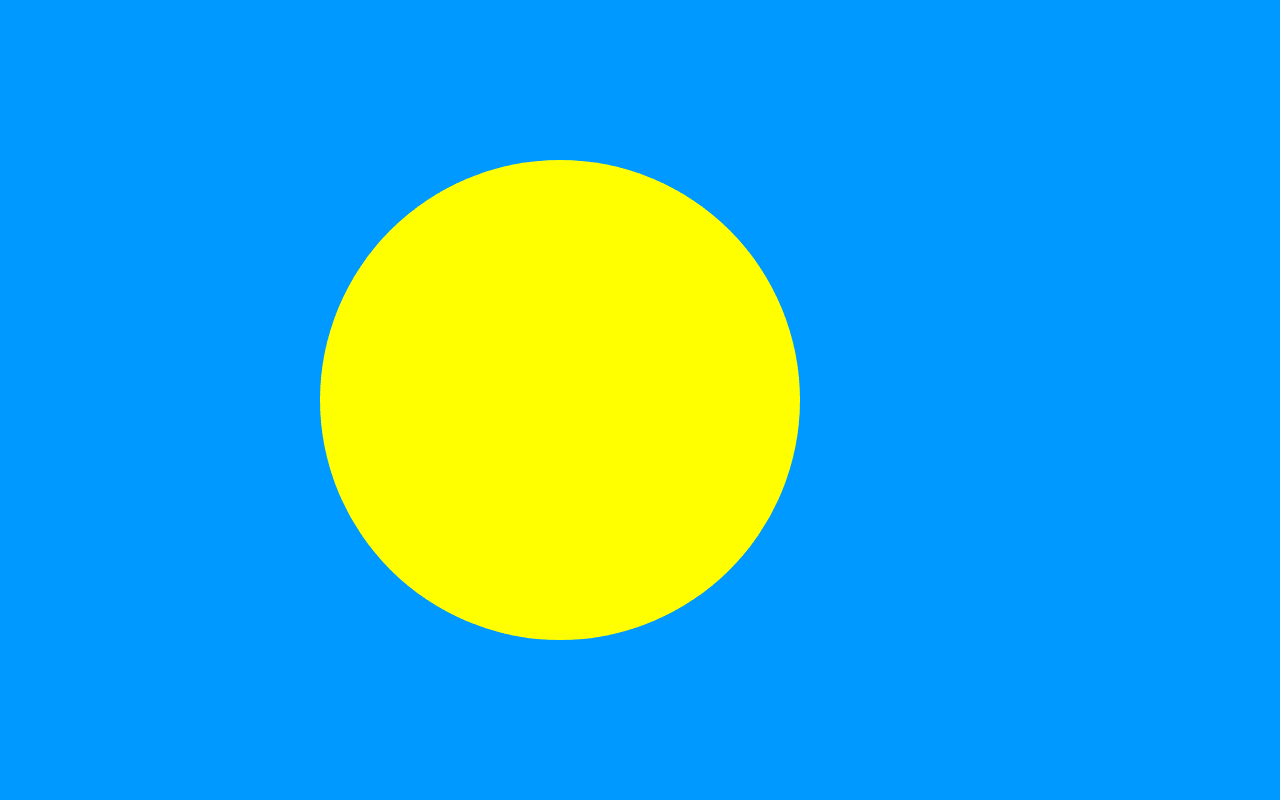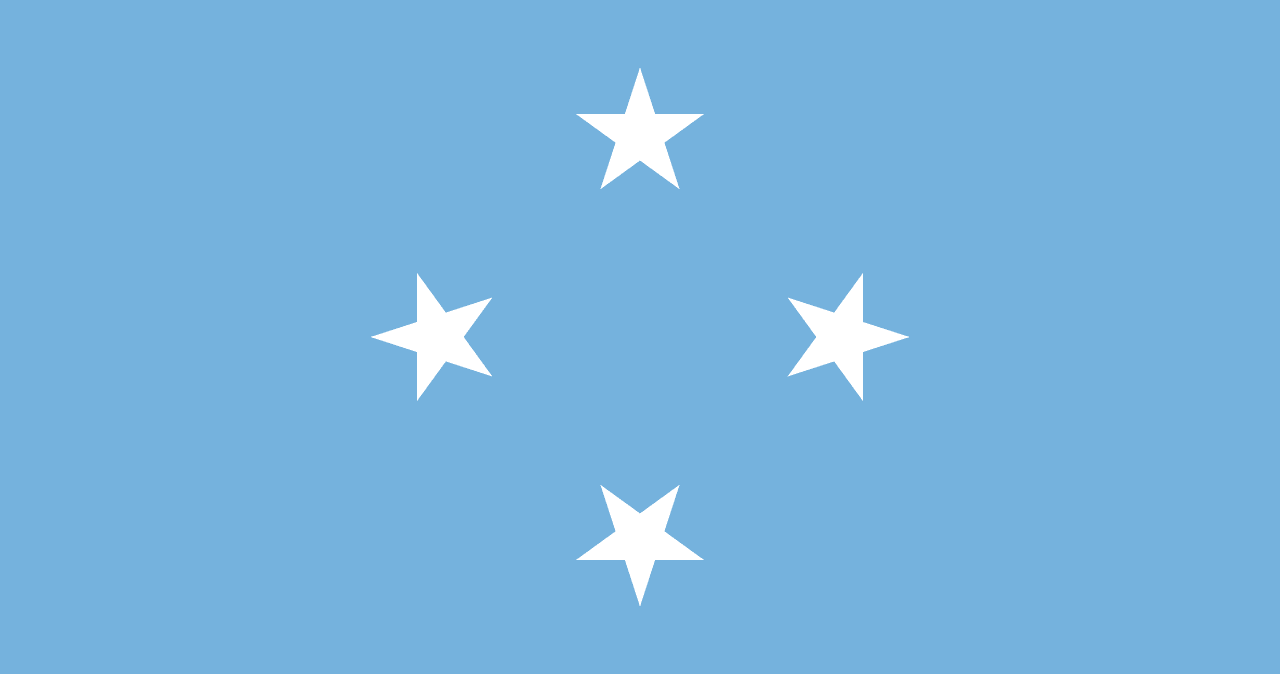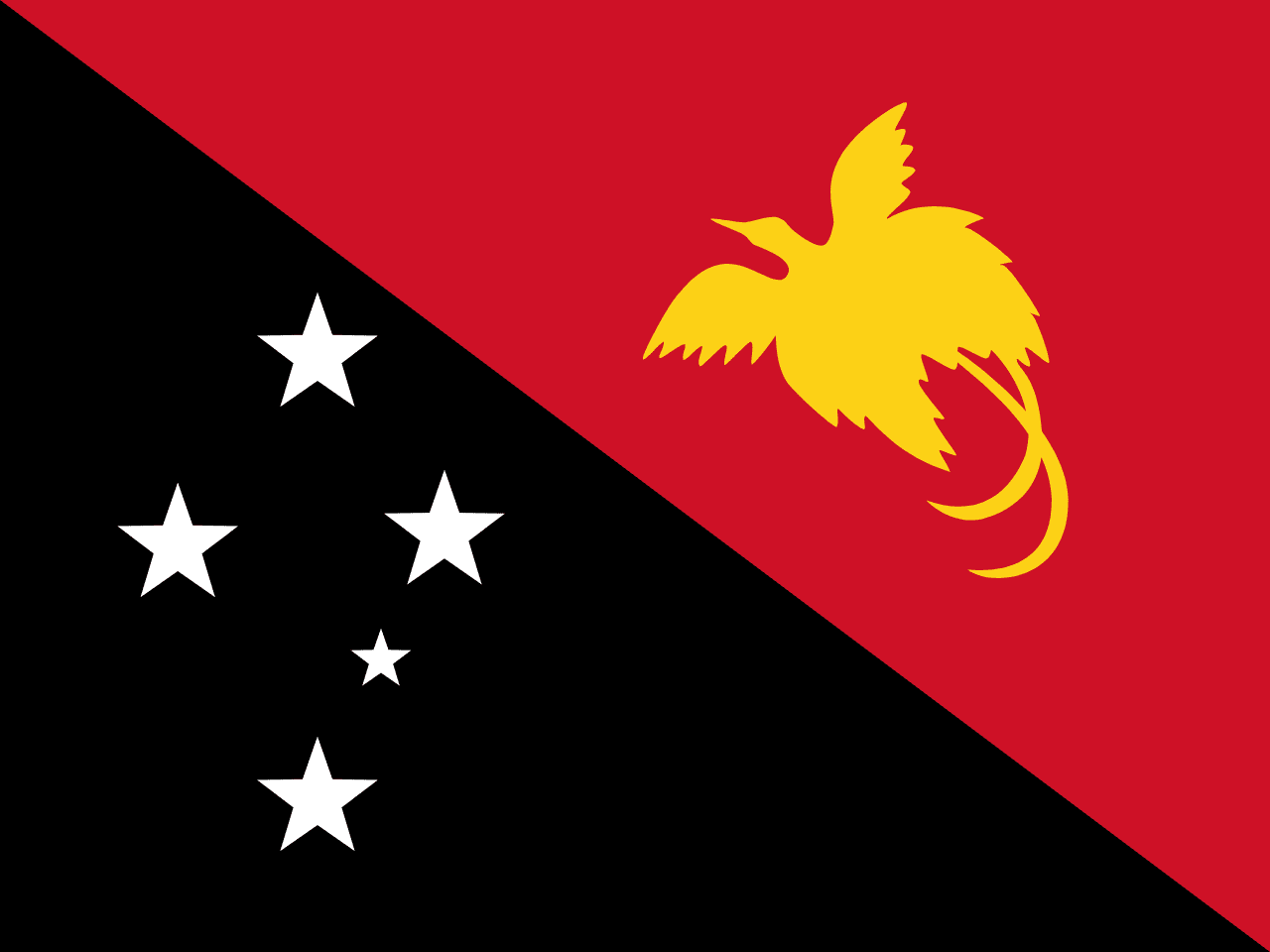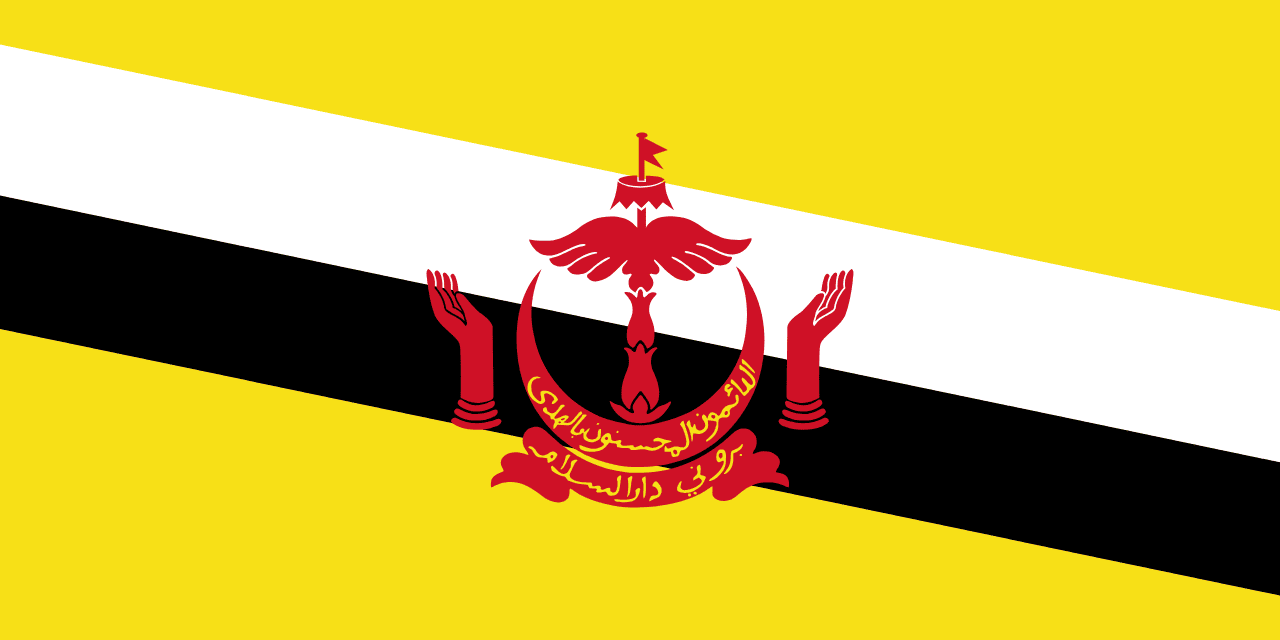Palau Flag Meaning
A light blue field with a golden-yellow full moon slightly off-center toward the hoist. The flag symbolizes independence, culture, and natural harmony.
- Continent
- Oceania
- Adopted
- 1981
- Ratio
- 5:8
- Colors
- blue, yellow
- Designer
- Blai Mallol

Symbolism
Blue Field: Represents the Pacific Ocean that surrounds the islands and the freedom gained after independence.
Yellow Full Moon: Symbolizes peace, love, and the full moon’s importance in Palauan culture as a time for planting, fishing, and celebrations.
History
- Pre-Colonial: Palau was inhabited by Micronesian peoples with rich cultural traditions.
- 1885: Came under Spanish control, later sold to Germany.
- 1914: Japan occupied Palau during World War I.
- 1947: Placed under U.S. administration as part of the UN Trust Territory of the Pacific Islands.
- 1981: Palau adopted its national flag after gaining self-government.
- 1994: Achieved full independence, becoming one of the world’s youngest nations.
Trivia
- The moon, not the sun, is chosen for the flag because of its deep cultural meaning in Palauan tradition.
- Palau’s flag design emphasizes simplicity and identity separate from its former trustees.
- It is often mistaken for a 'sun' flag but officially represents the full moon.
- Palau is known for pristine marine environments and world-class diving spots.
- The flag’s blue symbolizes not only the ocean but also the transition to independence.
Related Countries

Philippines
Asia
A horizontal bicolor of blue over red with a white equilateral triangle at the hoist, containing a golden sun and three golden stars. The Philippine flag is unique in that it is inverted in wartime, with the red field displayed on top.

Micronesia
Oceania
Four white five-pointed stars arranged in a diamond pattern on a light blue field, representing the four states of the Federated States of Micronesia surrounded by the Pacific Ocean.

Papua New Guinea
Oceania
Divided diagonally from upper hoist to lower fly: the upper triangle is red with a yellow Raggiana bird-of-paradise, and the lower triangle is black with five white stars of the Southern Cross.

Brunei
Asia
A yellow field with two diagonal stripes of white and black, featuring the national coat of arms in red in the center, representing the Sultan's sovereignty, the state's prosperity, and the nation's commitment to peace and Islamic values.

Taiwan
Asia
A red field with a blue canton containing a white twelve-pointed sun, representing the Republic of China flag adopted in 1928, symbolizing the Three Principles of the People (nationalism, democracy, livelihood), the twelve traditional Chinese hours, and the aspiration for progress and development.

Indonesia
Asia
Two horizontal stripes of red over white, known as 'Sang Saka Merah-Putih' (The Sacred Red and White), representing the courage and purity of the Indonesian people and their struggle for independence from colonial rule.